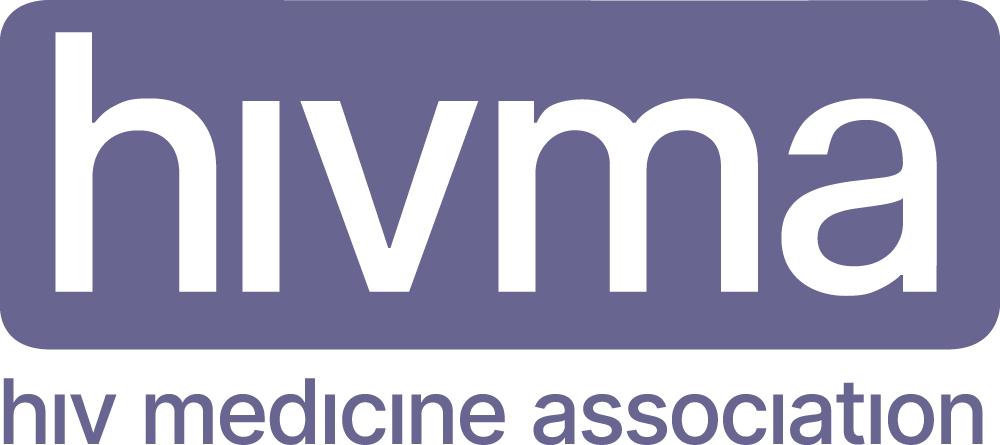Testimony Submitted for the Record
U.S. House Committee on Oversight and Reform
Hearing: HIV Prevention Drug: Billions in Corporate Profits
after Millions in Taxpayer Investments
May 16, 2019
Testimony Submitted for the Record
W. David Hardy, MD
Chair, HIV Medicine Association
Chairman Cummings, Ranking Member Jordan, and members of the House Committee on Oversight and Reform,
Thank you for the opportunity to submit testimony for the record on behalf of the HIV Medicine Association (HIVMA) regarding the role of drug pricing and associated drug costs as barriers to people at higher risk for HIV accessing Pre-Exposure Prophylaxis (PrEP) – a pill taken daily to prevent acquiring HIV. HIVMA represents more than 5,000 physicians and other healthcare providers who work on the frontlines of the HIV epidemic in communities across the country. We appreciate the Committee’s attention to this issue particularly as the Administration’s Initiative to End HIV as an Epidemic takes shape to leverage resources to dramatically reduce the number of new persons in the US from acquiring HIV and improve health outcomes and the quality of life for people living with HIV.
Since approval of Truvada (TDF-FTC) for PrEP by the FDA in 2012, implementation has been stymied by a number of factors, including the cost of the drug. According to the most recent data available from the Centers for Disease Control and Prevention fewer than 10 percent of the 1.1 million individuals at significant risk for HIV are taking PrEP and usage remains lowest among the population at greatest risk – gay and bisexual men of color.i Barriers to PrEP and other preventive interventions, as well as to HIV screening and treatment, have fueled a persistent public health epidemic. In February of this year, CDC announced that after five years of declining numbers of new HIV diagnoses – this number has plateaued with new HIV cases increasing among young (25 to 34) African American gay and bisexual men by 65% and among Latino gay and bisexual men by 68%.ii
The monthly cost of Truvada (TDF-FTC), which was first approved in 2004 for treatment of HIV is between $1600 and $2000 per month, or $19,000 to $24,000 annually. Given this cost, it is not surprising that in a recent survey of HIVMA members, cost sharing and coverage issues were reported as one of the top barriers to patients accessing PrEP. In addition to high cost sharing, the drug’s price has contributed to insurers implementing burdensome and discriminatory prior authorization processes to discourage its use. An online review of several large health insurers formularies that were available online found that they placed Truvada (TDF-FTC) on the highest cost-sharing tier or designated it as a specialty drug carrying a high co-pay.iii iv v vi For one health plan, the cost sharing required was a 25 percent co-insurance fee,vii which requires patients to pay $400 to $500 out of pocket each month depending on the plan’s negotiated price and the availability of cost sharing assistance from the manufacturer.
Meaningful generic competition is urgently needed to lower PrEP costs so that this public health intervention is no longer relegated to specialty drug status. Widespread scale up of PrEP will require reliable and burden-free access to the drug that when taken daily prevents acquisition of HIV by 96% compared to no PrEP. Sustainable delivery systems for PrEP will not be achieved in the rural and urban communities where the populations at highest risk live until a widescale PrEP expansion program can be achieved without relying on drug donations.
We appreciate that uninsured patients may receive the drug for free and that certain privately insured patients may be eligible for co-pay assistance from the manufacturer. However, too many drug manufacturers are using patient assistance programs as a justification for high drug prices that are unaffordable and unsustainable to the U.S. health care system along with the labor-intensive administrative burdens they place on healthcare providers and patients. We await details about how the recent donation of Truvada (TDF-FTC) by Gilead will be implemented but are concerned that this could potentially shift administration of the patient assistance program to community health centers. The affordability issue is critical particularly given that HIV disproportionately affects low income individuals frequently dependent on the Medicaid program for their health care coverage. Among people living with HIV – more than 40 percent count on Medicaid for their health care coverage.viii
While not the subject of this hearing, drug costs are not the only barrier to PrEP implementation and access. Other required medical costs including regular laboratory monitoring, STD screening and treatment and clinical visits also can be cost prohibitive for uninsured patients. In addition, and on a larger scale, HIV-related stigma, limited provider knowledge and capacity and poor access to health care coverage in the 19 non-Medicaid expansion states, many with the highest new HIV diagnoses, continue to impede scale up of PrEP.
Thank you for the opportunity to comment on the role that the price of Truvada has played in limiting the potential of PrEP in preventing new HIV cases in the U.S. We are cautiously optimistic that the bipartisan attention being given to tackling high drug prices coupled with the Administration’s Initiative to End HIV as an Epidemic will improve access to PrEP for those persons in the US who could benefit from it most.
